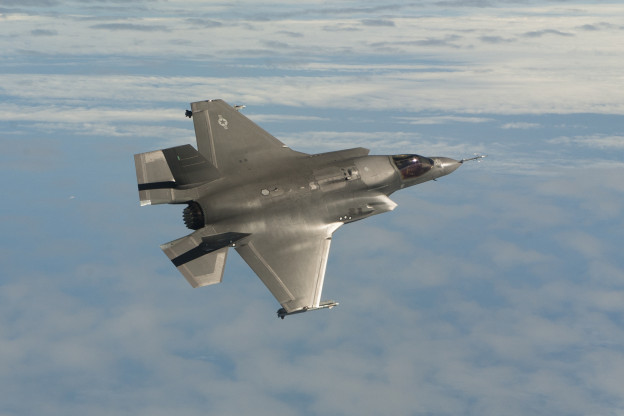
The Pentagon attempted to allay fears Tuesday it had lost an edge in technology development following a Monday revelation China had hacked more than two dozen weapons programs from the U.S.
“Suggestions that cyber intrusions have somehow led to the erosion of our capabilities or technological edge are incorrect,” Pentagon spokesman George Little said in a Tuesday statement.
“We maintain confidence in our weapons platforms. The Department of Defense takes the threat of cyber espionage and cyber security very seriously, which is why we have taken a number of steps to increase funding to strengthen our capabilities, harden our networks, and work with the defense industrial base to achieve greater visibility into the threats our industrial partners are facing.”
On Monday, The Washington Post published a classified addendum to of a January report from the Pentagon’s Defense Science Board on U.S. cyber posture. The report named several weapon systems — including the Aegis Ballistic Missile Defense System, the F-35 Lighting II Joint Strike Fighter, the Littoral Combat Ship, V-22 Osprey tilt-rotor aircraft, electromagnetic railguns and the U.S. Army’s Terminal High Altitude Area Defense (THAAD) and Patriot Advanced Capability-3 (PAC-3) — that may have had designs stolen.
A Pentagon report to Congress issued earlier this year blamed China for an extensive espionage campaign to give the nation’s growing defense industry a leg up in technology development.
“It is a key concern that we have,” said White House spokesman Jay Carney in a Tuesday briefing with reporters. “ It is an issue that we raise at every level in our meetings with our Chinese counterparts and I’m sure will be a topic of discussion when the President meets with President Xi [Jinping] in California in early June. It was certainly a topic of conversation when National Security Advisor [Tom] Donilon was having meetings in China, from which he is just returning now.”
China has repeatedly denied allegations of mounting cyber espionage campaigns.





